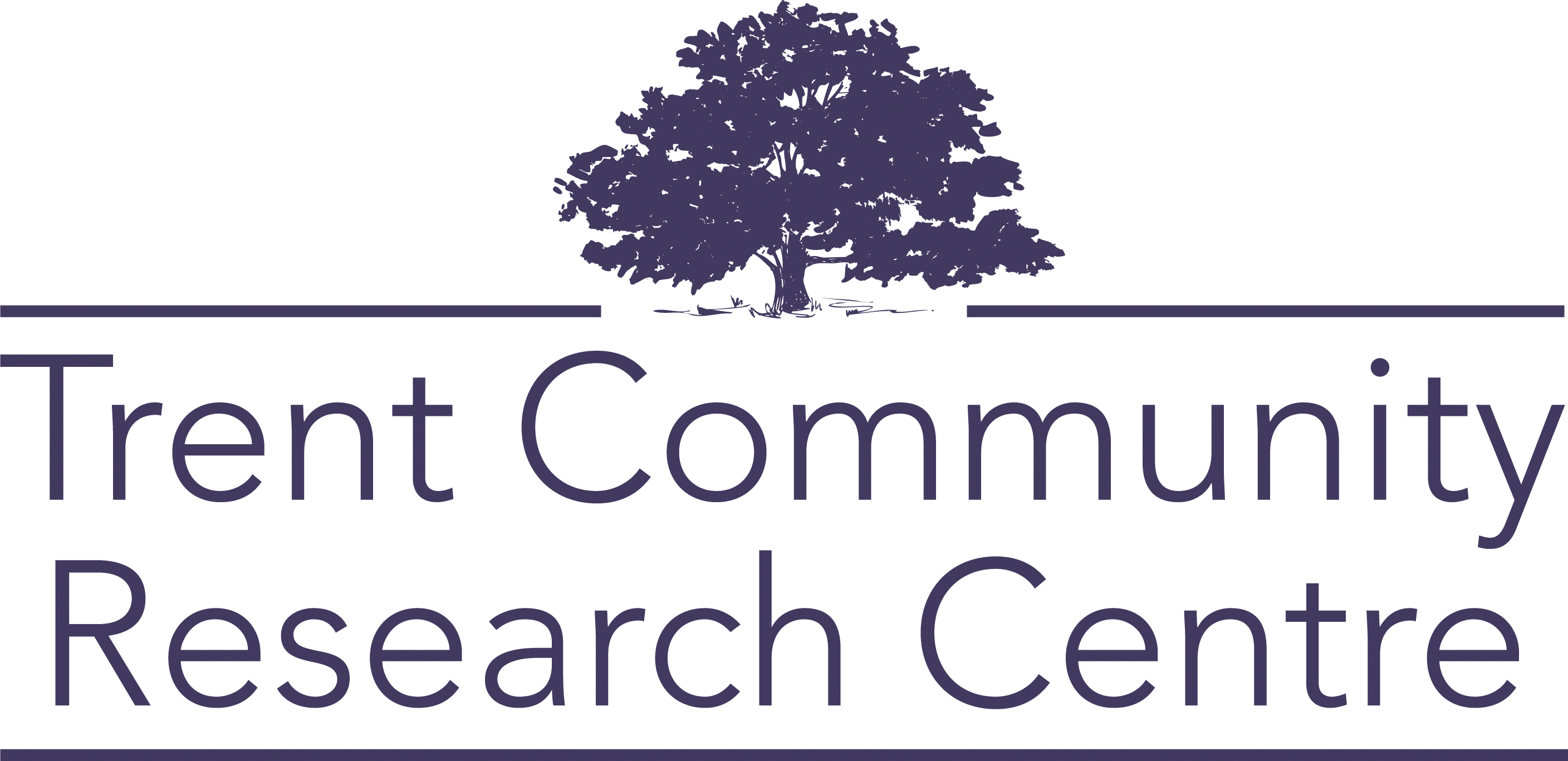Unit 1: Power and privilege in research
This unit discusses how researchers can work with people and communities who might be marginalized. You will learn about some characteristics of marginalized communities, ideas for building on existing strengths in these community, and practices for engaging people from marginalized communities in research.
Unit 2: Navigating institutional research ethics
This unit examines the benefits and risks of research, key principles that guide research ethics, components of a research ethics proposal, and some thoughts on the ethical conduct of community-based research.
Voices from the Field
Ethics
Teaching Case
Case Study: Ethics
It’s January and Sabrina has been working hard on her honours thesis since the school year began in September. She has been really excited about the thesis because it’s a community-based research project that her supervisor is affiliated with. Her research is an evaluation of a project that has been experimenting with new methods to engage residents of an inner-city neighbourhood in city planning, particularly about investments in public transit, bike lanes, and parks. The project is trying to address an underlying challenge in community engagement, namely that people who are most affected by planning decisions are often least able to give input to those decisions. They want public input to be fun! And they want the engagement to make a difference in how their city changes in the years ahead. The project is a two-year pilot being coordinated by a local not-for-profit, NextCity, that aims to create a more liveable and sustainable urban community. They have partnered with the transit authority, the neighbourhood association, the community garden network, a community bike shop, and the downtown city councillor to create a steering committee to oversee the project and help devise new ways to engage communities. Some of the things they’ve tried are street parties, neighbourhood walks, a potluck at the local community centre, and pop-up booths in the local park.
In contrast, a conventional engagement approach typically involves a notice in the local paper advertising an evening open house held in at the library. These open houses normally only happen when they are required by law such as when there’s a new project or initiative. They are not most people’s idea of fun.
Nevertheless, many people pay attention to planning issues and turn up at these open houses. But most people are busy with their day-to-day lives, jobs, and families to get wrapped up in what the city is doing. This is even more the case for poorer people who can’t easily get to open houses because they don’t have transportation, childcare, or time to participate.
To evaluate the project, Sabrina has interviewed each member of the steering committee along with some of the neighbourhood residents about their perceptions of it. The neighbourhood residents seem to really get along well with Sabrina. She’s been a regular fixture at the community events and activities and has gained the trust of several people in the community. At a recent interview with a neighbourhood leader, Sabrina learned about a simmering conflict among a few members of the neighbourhood association. Their clash stemmed from the engagement project, and hard feelings about how some members have been getting preferential access to the resources and money attached to the project. One member of the neighbourhood association, who seems to get on great with the NextCity coordinator, even got invited to be on a panel at a planning conference in Chicago, all expenses paid. It seems that the project isn’t just engaging the neighbourhood, it’s creating friction and conflict.
Sabrina has a dilemma: her research ethics approval required that all interviews be kept confidential and that she take a series of steps to help ensure people’s comments aren’t easily attributable to them. The people she interviewed understood, from her informed consent form, that confidentiality might not be entirely possible, as others involved with the project might be able to identify others comments.
Sabrina she feels like she should tell someone on the steering committee about the conflict and the apparent reasons underlying it. She would like someone to take steps to resolve things. She even wonders if she should do something herself and set up a meeting between the people having the conflict.
- Should Sabrina do anything?
- If yes, what? And why?
- If no, why not?
Next Module: Project Management
Back to Main Page
Licensing

Except where otherwise noted, content on this site is licensed under a Creative Commons Attribution 4.0 License.
Where indicated, images, video, and audio have some rights reserved, and you must obtain permission from the copyright owner to use this material.






